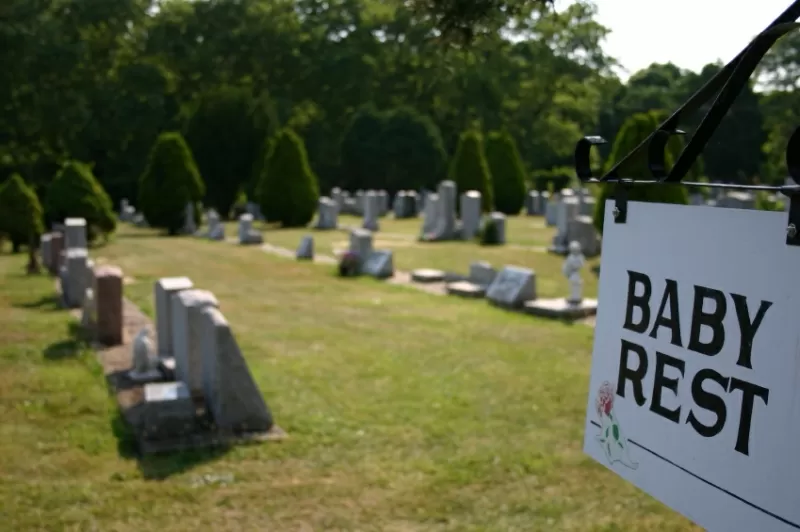SIDS is an abbreviation of Sudden Infant Death Syndrome, and as the name suggests, it is a phenomenon when an otherwise healthy baby dies suddenly, mysteriously, and without any known cause or explanation even after a thorough autopsy and review of the medical history is conducted. SIDS is a part of the wider category of unexpected infant deaths (not unexplained since death cases whose causes are discovered and affirmed later are also a part of this category) called Sudden Unexpected deaths in infancy or SUDI.

Even though there’s no definite cause for SIDS, certain contributing risk factors have been recognized by neonatologists, such as:
- Babies who have been put to sleep on their stomach or side instead of on their backs
- Overheating while sleeping by warm blankets
- Too soft a sleeping surface, with fluffy blankets or toys
- Women who smoke during pregnancy (three times more likely to have a baby with SIDS)
- Exposure to passive smoke from smoking by mothers, fathers, and others in the household doubles a baby’s risk of SIDS
- Women who are younger than 20 years old at the time of their first pregnancy
- Babies born to mothers who had little, late, or no prenatal care
- Premature babies or babies born with low birth weight
- Babies who have had siblings that died of the same disease.
It is also more likely to occur in the first 4 months of infancy than later and it has been noticed more in baby boys than in girls. Furthermore, some theorists speculate that SIDS can occur when a baby fails to wake up or rise from its sleep. It is advised to put babies down backwards instead of sideways or on the stomach because that could lead to carbon dioxide build-up in their lungs (which happens due to inhaling the same air that they exhaled) this accumulation blocks oxygen from entering their lungs causing multiple organ failure.

It’s nearly impossible to spot SIDS in babies before it becomes fatal, because they usually succumb to the disease while asleep and, as has already been established, they are perfectly healthy giving no reason for parents to suspect anything this severe.
But in one of the extremely rare and almost medically miraculous cases, a father from Wagholi in Pune was able to detect SIDS in his infant before it could consume him.
Snehshankar Jha, an IT professional, had found his son in an unconscious state when he returned home from work; the baby, he added, had also stopped breathing. Due to his quick and composed thinking, he immediately started CPR or cardiopulmonary resuscitation and rushed to the nearest healthcare centre called Motherhood Hospital. Dr Mubashir Shah, consultant neonatologist at the same hospital said,
“The baby was brought to the emergency room by his parents in the middle of the night around 3 am. We noticed that the baby had turned blue and was not breathing. His heart rate was low and his pulse was very weak. Resuscitative measures were started immediately to help the baby breathe along with chest compression to support his heart to pump blood. He was resuscitated and was put on ventilator and drugs to support the cardiovascular system and improve blood pressure.”
The baby was safely discharged on 22nd July, 11 days after being admitted.

However, most cases with SIDS do not have such a divine ending. Even though in India, it is observed in 0.5 per cent of 1,000 live births, more than 2000 babies die due to this mysterious disease in the United States every year making it one of the leading causes of infancy deaths.
Whether or not pediatric sciences will be able to unearth a definite underlying cause for SIDS is unsure but parents should definitely be wary of the aforementioned risk factors and show prudence accordingly.
Also Read: Tezepelumab: The future drug to cure severe Asthma












